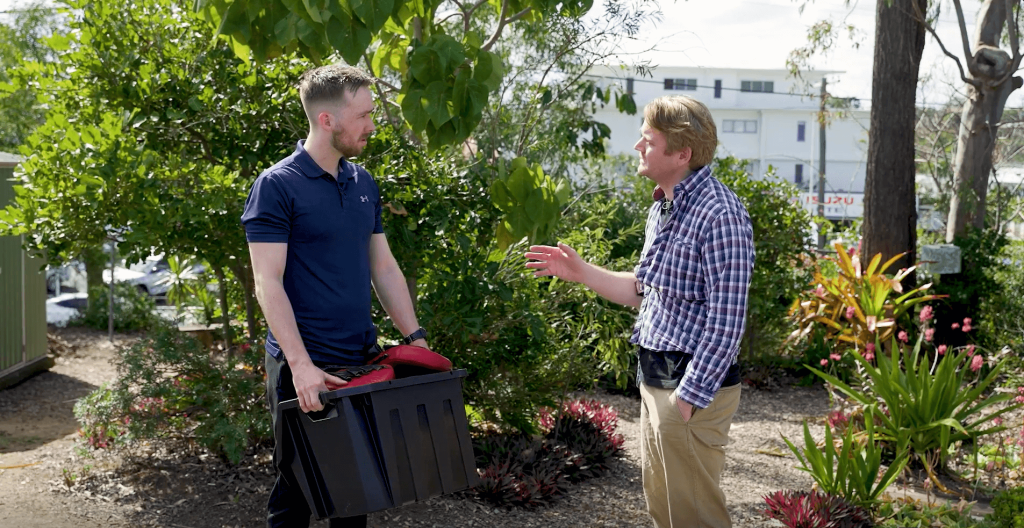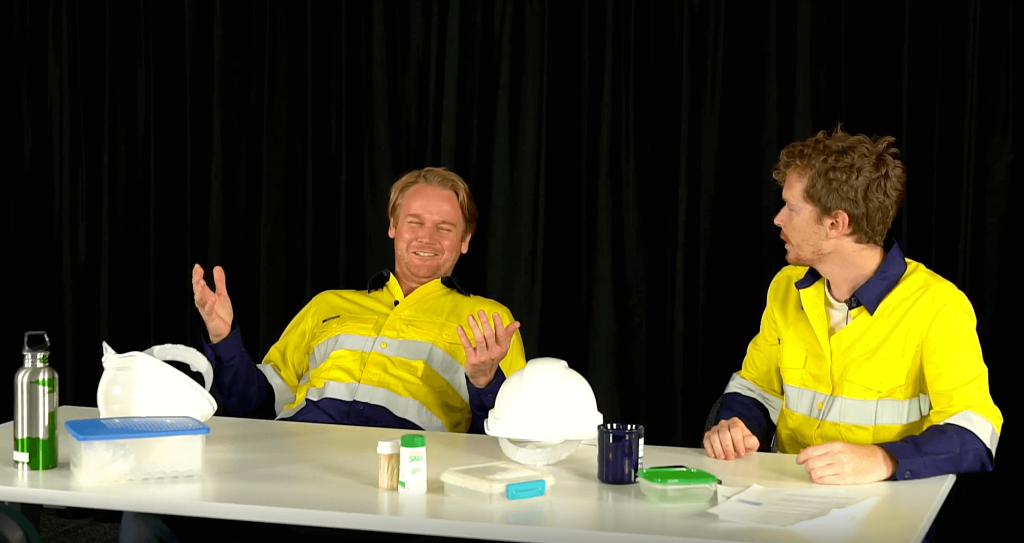Statistics show that 42% of people aged 16-85 years has experienced a mental disorder at some time in their life. More than two in five Australians experience a mental health issue in their lifetime.
Conversations around mental health is the need of the hour. Stigmas and taboos around the topic have shrouded it so much that fear of judgement from others acts as a barrier that prevents people from seeking help for mental health difficulties.
Attitudes and our ability to intervene early and support people must be prioritised.
Every year in Australia suicide claims the lives of around 2000 Australians placing it ahead of road traffic accidents and skin cancer as a cause of death. For young people aged 15 to 24, it is the number one cause of death.
According to research suicide exists on a continuum which begins with suicide ideation and ends with death by suicide. It means that people who have attempted suicide have experienced suicidal ideation that eventually leads up to the attempt.
It brings us to the need to get better at identification of suicidal ideation early on and intervention at this lower end of the continuum which would further lead to fewer suicide attempts and fewer suicide deaths
What is suicidal ideation?
Suicidal ideation refers to a range of thoughts and plans about ending one’s life. The imagination exists on a spectrum, from a general desire to die without a specific plan to a detailed plan with a strong intention to act. This thinking is linked to both suicide attempts and deaths, and it is a significant risk factor for future attempts.
To bring an analogy if the action of committing suicide is the tip of the iceberg, suicide ideation is the unseen whole of the iceberg.
How to identify suicide ideation?
First thing first, it is important that we need to adopt effective listening, which can be achieved by practicing mindful listening. Whereby, we listen with an ear of empathy without judgements and listen with our hearts.
Some of the warning signs to watch out for:
Notice if they are talking about wanting to die, showing a great sense of guilt or shame or apologetic being a burden to others, hindering on their worthlessness.
It is also very important to notice if they are showing feelings of emptiness, being hopeless and showing extreme emotions like being sad. More anxious, agitated and full of rage.
Make efforts to identify change in behaviours such as-
- Planning or researching ways to die.
- Withdrawing from friends, saying goodbye, giving away important items, or making a will.
- Taking dangerous risks such as driving extremely fast.
- Displaying extreme mood swings.
- Eating or sleeping more or less
- Using drugs or alcohol more often.
Identifying such behaviours can be high beneficial on early intervention as it is crucial in preventing suicide because it helps to address the underlying issues before they escalate.
Recognising warning signs and acting promptly can lead to immediate support and treatment, which can reduce emotional distress and provide individuals with alternative coping strategies.
Early intervention often connects people with mental health resources, reducing feelings of isolation and hopelessness. By intervening early, it increases the chances of recovery, helps build protective factors, and minimizes the risk of a crisis turning into an irreversible tragedy.
Take Action to Support Mental Health with Mind Blank
At Mind Blank, we believe that early intervention and prevention are crucial in addressing mental health challenges. If you’re passionate about making a difference or need resources to support someone who may be struggling, we’re here to help.
Reach out to Mind Blank to learn more about how you can get involved in raising awareness and building skills to contribute to our mission of reducing the risk of suicide and promoting mental wellbeing.






